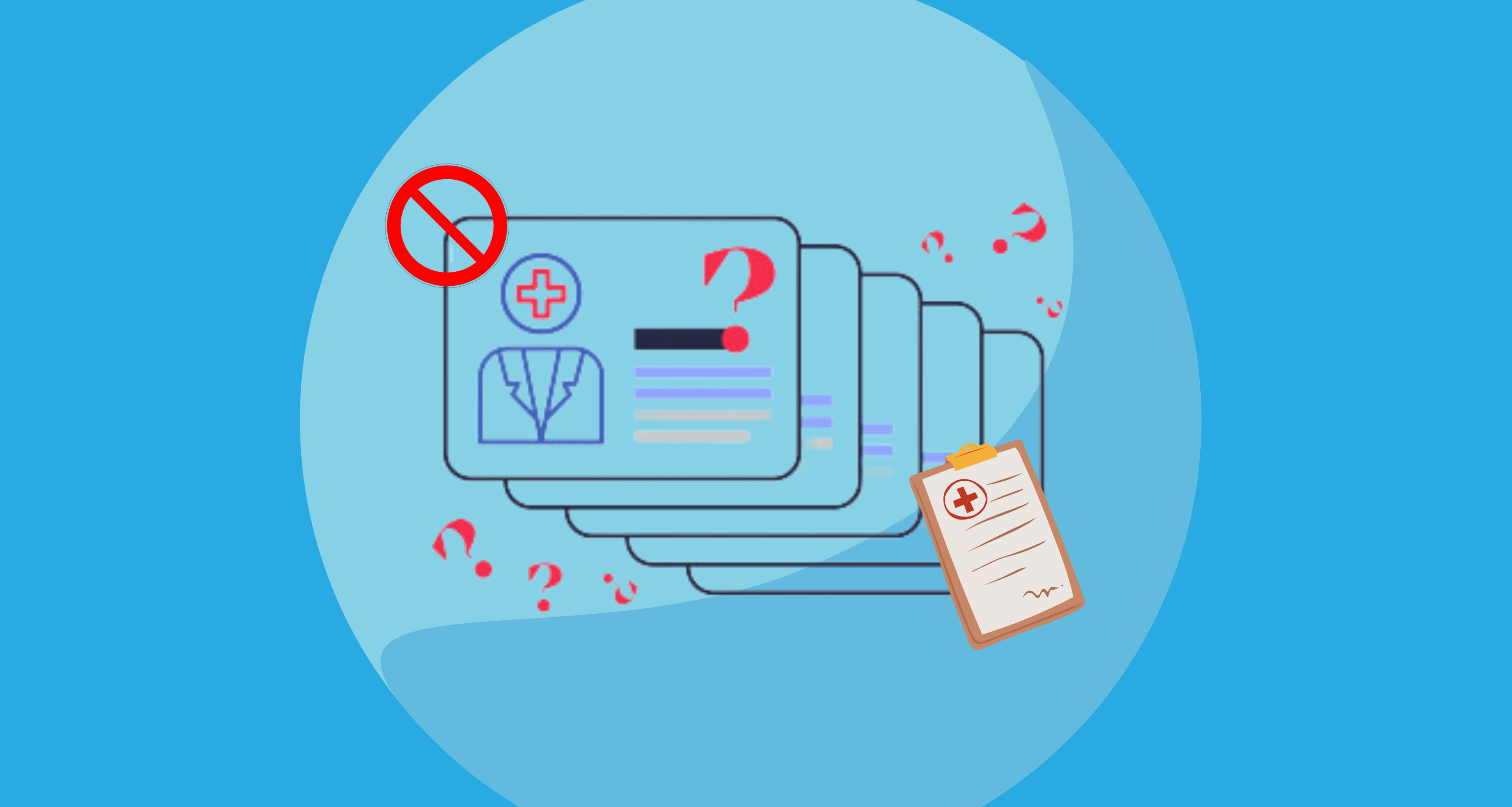
The Health Insurance Portability and Accountability Act (HIPAA) Privacy Rule requires healthcare organizations to protect the privacy of patient medical records and other health information. Violating the HIPAA Privacy Rule can have severe consequences, not just for healthcare providers but also for patients. HIPAA Privacy Rule violations such as inappropriate access to medical records can be prevented with a few simple steps.
Inappropriate Access to Medical Records – The Incident
A study conducted by a sizable medical center, published in the JAMA Open Network, looked at the efficacy of email warnings in preventing recurrent inappropriate access to medical records by staff members.
Over a 7-month period in July 2018, the medical center’s protected health information (PHI) access monitoring system identified 444 instances in which staff members accessed patients’ medical records without authorization.
On the night the unauthorized access was discovered, an email warning was sent to 49% of those employees (219 people), who were chosen randomly. In contrast, the remaining employees, who served as the control group, did not receive any emails.
Of the 90 employees in the control group, 40% continued to access medical records inappropriately. 88% of repeated offenses occurred within ten days of the first incident, and 17% within 90 days.
The group that received email warnings faired much better. Only 4 of the 219 employees (2%) continued to access medical records inappropriately. The four repeat crimes in the email warning group occurred 20 to 70 days after the initial unauthorized access.
The medical facility continues to employ email alerts as a crucial access control strategy as it found that on-the-spot intervention was determined to be 95% effective at preventing future unauthorized access.
What is a HIPAA Privacy Rule Violation?
A HIPAA Privacy Rule violation occurs when a covered entity fails to protect the privacy of PHI. Examples of HIPAA Privacy Rule violations include unauthorized access to patient records and failure to implement security measures to protect patient data.
The consequences of violating the HIPAA Privacy Rule can be severe. These violations can result in fines, legal action, and damage to a healthcare provider or organization’s reputation. Patients can also suffer harm if their medical records are disclosed to unauthorized parties.
HIPAA Privacy Rule Penalties
The penalties for HIPAA Privacy Rule violations vary depending on the severity of the violation. Penalties can range from $100 per violation to $50,000 per violation. The maximum penalty for multiple violations of the same provision of HIPAA within a year is $1.5 million. The Department of Health and Human Services (HHS) enforces the HIPAA Privacy Rule and imposes penalties for violations.
Several factors can affect penalties for HIPAA Privacy Rule violations:
- The severity of the violation
- The length of time the violation occurred
- The number of patients affected
- The organization’s compliance history
Healthcare organizations can reduce penalties by taking prompt corrective action and cooperating with HHS during an investigation.
Steps to Take to Prevent Inappropriate Access to Medical Records
Healthcare providers can take several steps to protect patient data and avoid HIPAA Privacy Rule violations.
These steps include:
- Implementing security measures such as encryption & firewalls
- Training staff on HIPAA Privacy Rule requirements
- Conducting regular HIPAA security risk assessments
- Developing policies and procedures for handling PHI
- Developing a breach response plan
- Providing patients with a notice of privacy practices
Compliance with the HIPAA Privacy Rule is essential for protecting patient data and avoiding penalties. Compliance can also improve patient trust and confidence in healthcare providers. Patients are more likely to choose healthcare providers who have demonstrated a commitment to protecting their privacy.
Compliancy Group provides HIPAA policies and procedures that provide guidelines for appropriate data access and measures you can take to limit data access. We also offer employee HIPAA training so that employees are aware of how they should and should not access data.









